Vitamin A

It’s only a semi-myth that eating carrots will help you see in the dark. A carrot’s main nutrient, beta-carotene (responsible for this root vegetable’s characteristic orange color), is a precursor to vitamin A and helps your eyes to adjust in dim conditions. Vitamin A can’t give you superpowers of night vision or cure your dependence on contact lenses, but eating an adequate amount will support eye health.
Vitamin A also stimulates the production and activity of white blood cells, takes part in remodeling bone, helps maintain healthy endothelial cells (those lining the body’s interior surfaces), and regulates cell growth and division such as needed for reproduction.
The two main forms of vitamin A in the human diet are preformed vitamin A (retinol, retinyl esters), and provitamin A carotenoids such as alpha-carotene and beta-carotene that are converted to retinol. Preformed vitamin A comes from animal products, fortified foods, and vitamin supplements. Carotenoids are found naturally in plant foods. There are other types of carotenoids found in food that are not converted to vitamin A but have health-promoting properties; these include lycopene, lutein, and zeaxanthin.
Recommended Amounts
Vitamin A is currently listed on the Nutrition Facts label measured in international units (IU). However, the Institute of Medicine lists the Recommended Dietary Allowances (RDA) of vitamin A in micrograms (mcg) of retinol activity equivalents (RAE) to account for different absorption rates of preformed vitamin A and provitamin A carotenoids. Under the Food and Drug Administration’s (FDA) new food and dietary supplement labeling regulations, as of July 2018 large companies will no longer list vitamin A as IU but as “mcg RAE.” [1]
- RDA: The Recommended Dietary Allowance for adults 19 years and older is 900 mcg RAE for men (equivalent to 3,000 IU) and 700 mcg RAE for women (equivalent to 2,333 IU).
- UL: The Tolerable Upper Intake Level is the maximum daily intake unlikely to cause harmful effects on health. The UL for vitamin A from retinol is 3,000 micrograms of preformed vitamin A.
Vitamin A and Health
The evidence suggests that eating a variety of foods rich in vitamin A, especially fruits and vegetables, is protective from certain diseases, though the health benefit of vitamin A supplements is less clear.
contact. 03154497759. 03074568939


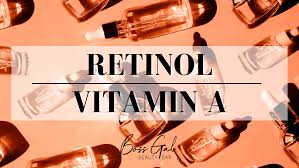
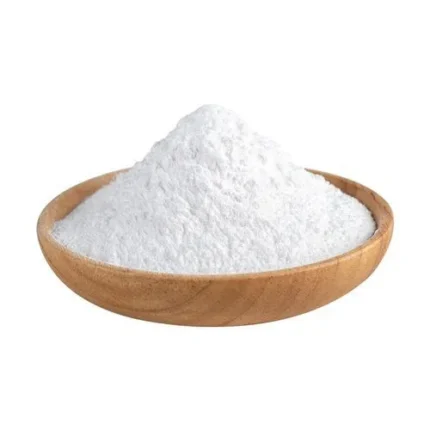
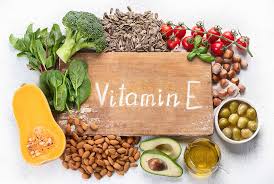




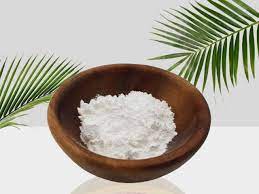



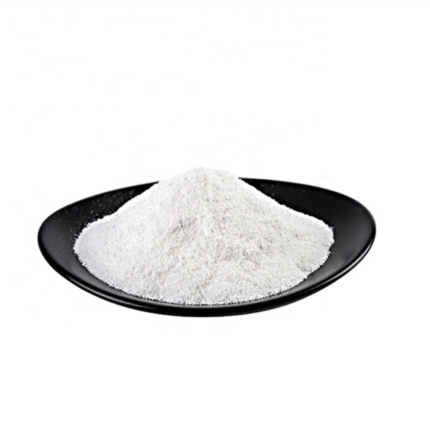
Reviews
There are no reviews yet.